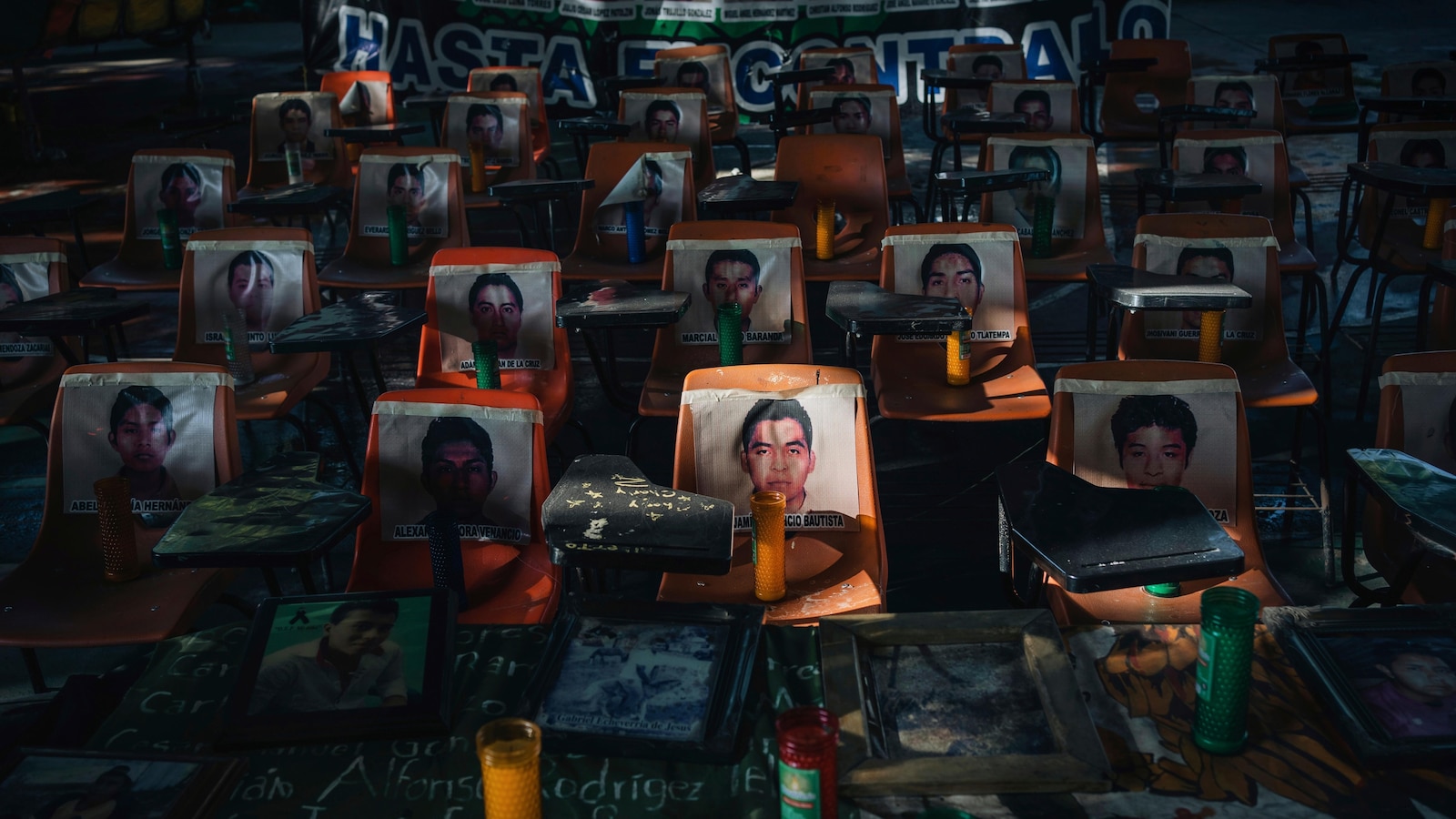## Mexico’s Search for 43 Missing Students Continues Amidst Widespread Disappearances
**Mexico City** – Six years after the disappearance of 43 students from Ayotzinapa, the case remains a stark symbol of Mexico’s ongoing struggle with violence and impunity. While the search for the students continues, the tragedy underscores a larger reality – the country faces a human rights crisis with tens of thousands of missing persons.
In September 2014, the 43 students from the Ayotzinapa Rural Teachers’ College disappeared in Iguala, Guerrero, after encountering local police. The government’s initial investigation concluded the students were killed and incinerated, a claim widely disputed. The search for the students and the truth behind their disappearance has become a national cause, with families and activists demanding justice.
The Ayotzinapa case is not an isolated incident. Mexico has faced a surge in disappearances in recent years, largely attributed to organized crime and the government’s inability to provide adequate security and justice. According to official figures, over 95,000 people have disappeared in Mexico since 1960, with over 60,000 cases reported in the last decade alone.
The National Search Commission (CNS), responsible for investigating missing persons cases, faces significant challenges. Limited resources, lack of coordination between different levels of government, and bureaucratic inefficiencies hinder the effective search and identification processes. This further exacerbates the suffering of families who are left in a state of limbo, yearning for answers and closure.
The lack of justice and accountability has fueled widespread anger and mistrust in the Mexican government. The Ayotzinapa case ignited protests and demands for reform, highlighting systemic flaws in the country’s justice system.
Human rights organizations and international bodies continue to call for increased transparency, effective investigations, and prosecution of those responsible for disappearances. As the search for the 43 students continues, the case serves as a reminder of the urgent need for genuine reform to tackle the root causes of violence and impunity in Mexico.

